
“All that was and is the property of the Romanian nation must be returned within the borders of the same state”, said Claudiu Târziu, the chairman of AUR’s National Council. To Russian propaganda, Târziu’s statement is solid gold.

The leader of a far-right party in Hungary has laid claim to Transcarpathia, shortly after the AUR party in Romania lodged a similar claim to Northern Bukovina. The thesis is typical of Russian propaganda.

Ukraine has given up Crimea and Donbas because it deprived Ukrainians in this area of their citizenship, according to a false narrative promoted by Russian propaganda.

The existence of Ukraine on the "historical territories of Russia" will be a permanent reason for war and killing of Ukrainians, says former Russian President Dmitry Medvedev. He is one of the most virulent voices of Russian propaganda and has threatened nuclear war in the past.

Georgia was granted EU candidate country in late 2023, but it needs to undertake a number of reforms before the actual negotiations would start. The European Council’s decision came following a complicated year, when the ruling Georgian Dream was faced with criticism from the West and domestic turmoil for what were perceived as pro-Russian and authoritarian policies. Veridica spoke with the co-founder of the Center for Strategic Analysis (GSAC), former Georgian Ambassador to Russia Valery Chechelashvili about how the events of 2023 could affect the future of Georgia, considering the fact that 2024 is an election year.
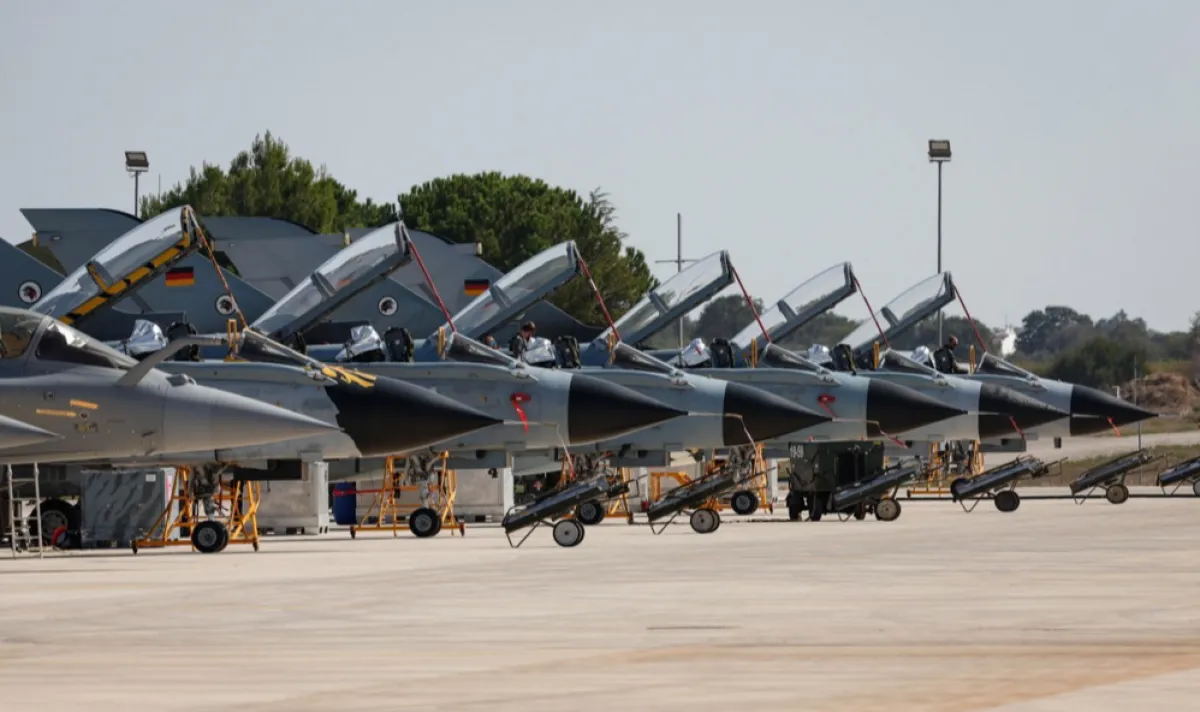
Russia is succeeding in defeating the NATO-led Western coalition in the war in Ukraine, according to pro-Kremlin propaganda. In reality, NATO is not a party to the armed conflict.

In 2023, Moscow used fake narratives to justify its aggression in Ukraine. In addition, NATO, the EU and the United States continued to be Russian propaganda targets.
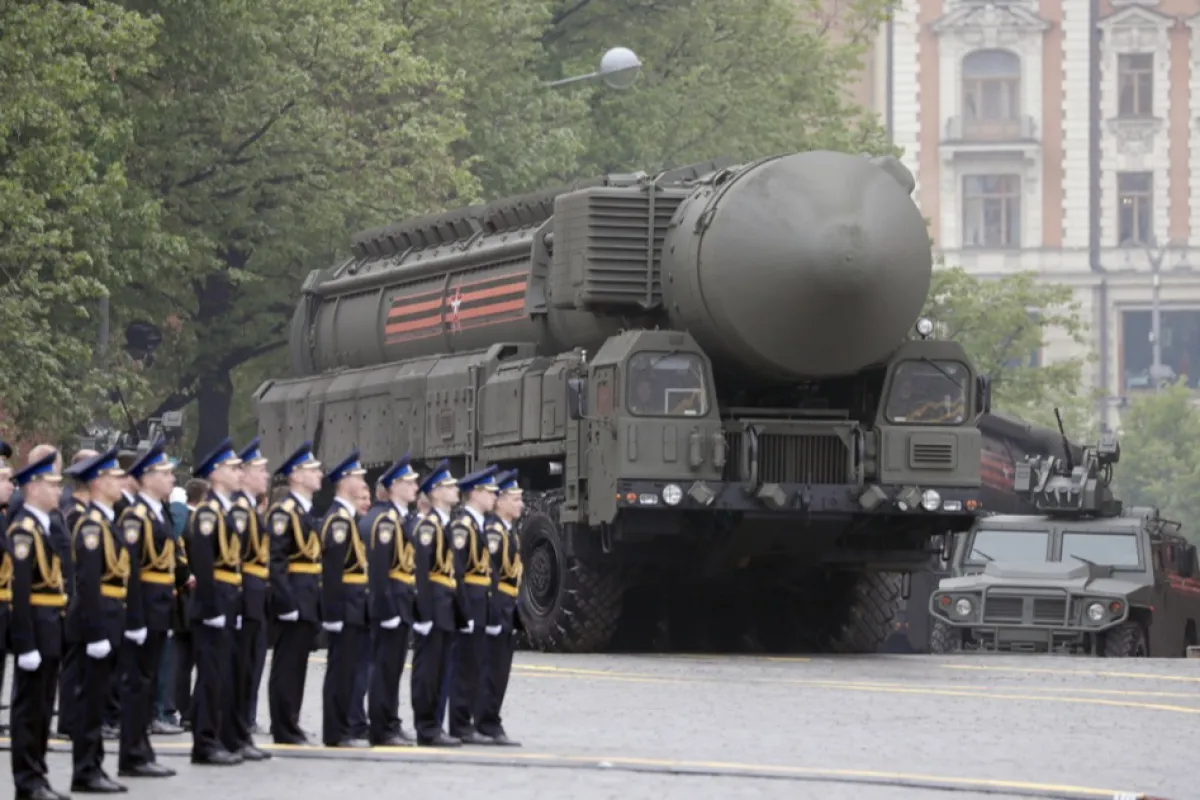
Joe Biden will launch a nuclear war against Russia to conceal the evidence of Ukraine’s defeat in the war, according to a Russian propaganda narrative citing pro-Kremlin experts in the USA.
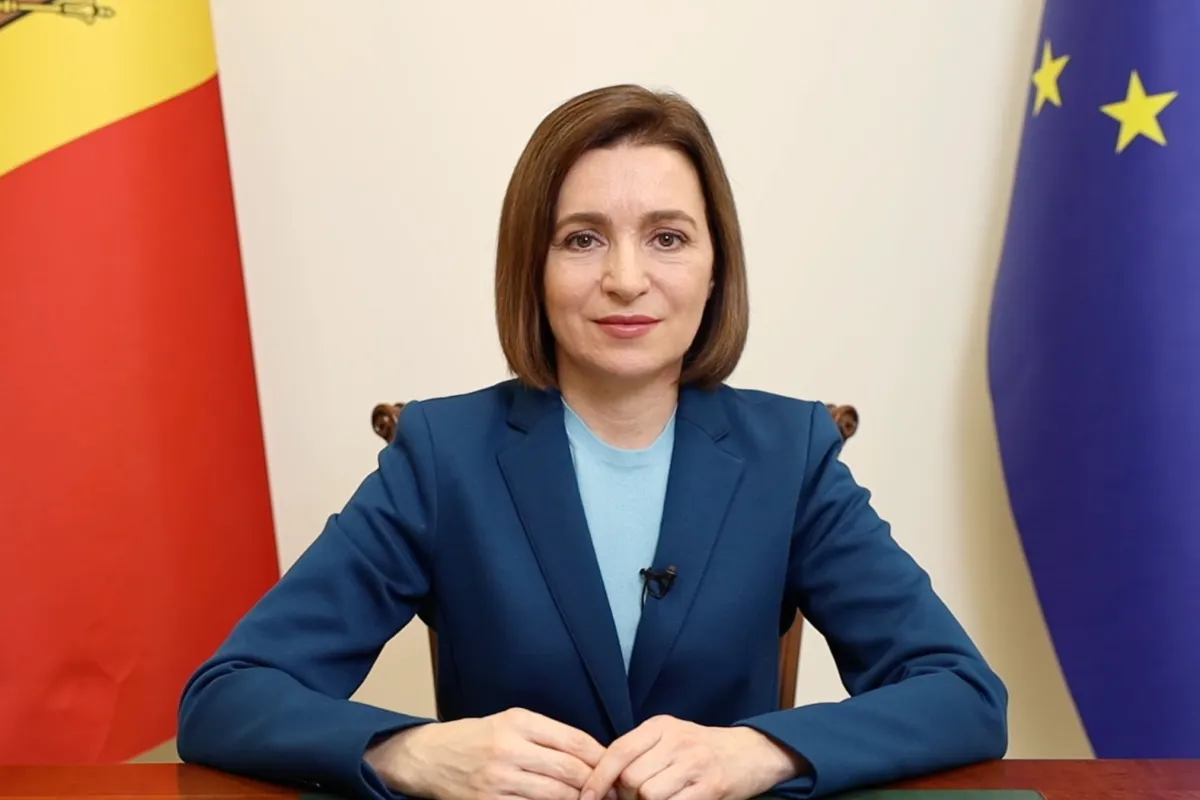
The Republic of Moldova will join the EU by 2030, believes President Maia Sandu. In an exclusive interview, Maia Sandu also spoke about Russia's pressure on Moldova.
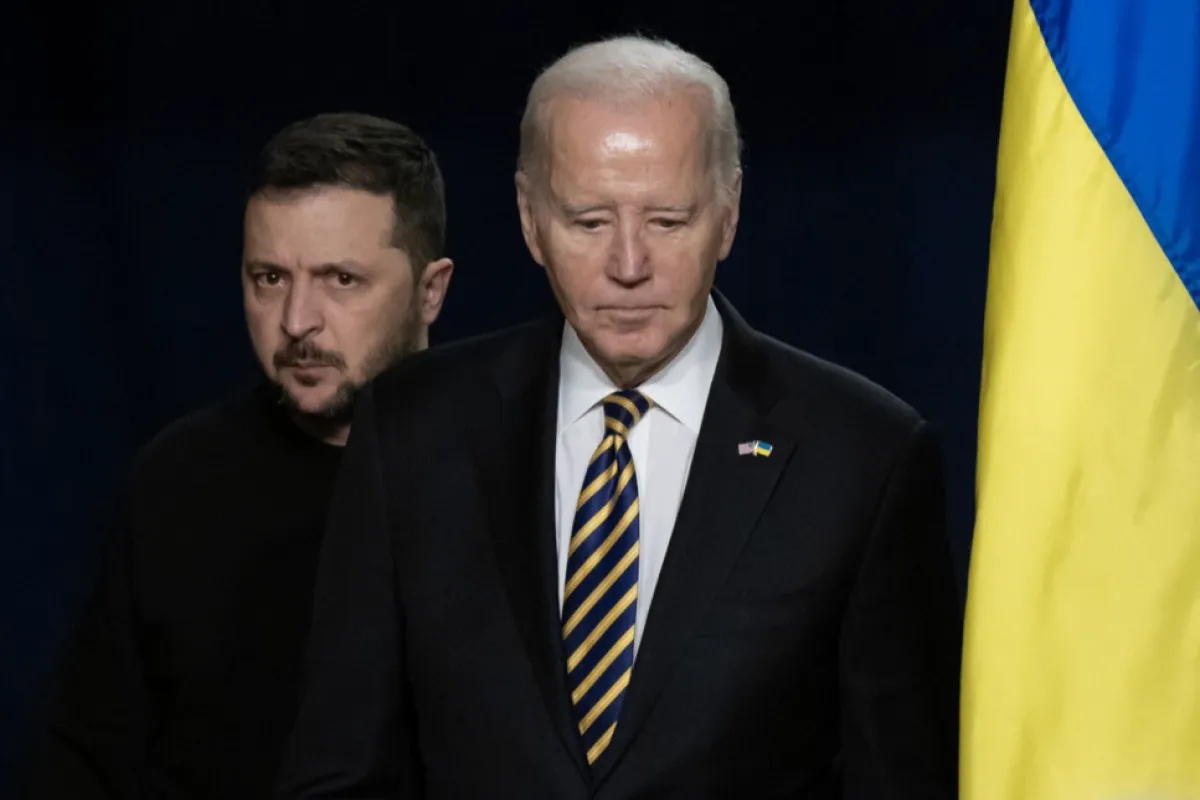
The US will no longer support Ukraine and urges President Volodymyr Zelensky to end the war as soon as possible, according to pro-Kremlin media.

The European Council's decision to start accession negotiations with Ukraine and the Republic of Moldova and to grant candidate status to Georgia indicates Brussels' desire to play a more active role in foreign policy. There are several reasons for this.

The Ukrainian Black Sea coast and Odesa are historically Russia’s, according to a propaganda thesis recently reiterated by Vladimir Putin.

The European Council has greenlit EU accession talks with Ukraine and Moldova despite Hungary’s opposition. Veridica has examined Budapest’s counterarguments and the way the announcement was received in Kyiv and Chișinău.

US biolabs in Ukraine were conducting various experiments on people, and Russia had to use military force to stop these experiments, pro-Kremlin propaganda writes.

According to the principles of international law, Ukraine is a territory of the Russian Federation, and Ukrainians are Russian citizens, pro-Kremlin media writes in an attempt to justify the “special military operation”.

The lack of progress on the front, domestic issues and allies’ fatigue may push Ukraine towards a peace with Russia. This would lead to a break with the West and fuel Moscow's imperialist ambitions.

Russia was forced to attack Ukraine because NATO was planning to occupy Donbas, Crimea and other Russian territories, pro-Kremlin propaganda writes with a view to justifying the invasion of Ukraine.

The war in Ukraine is one of national liberation for Russia, but also for the freedom of the whole world, according to a speech by Putin.

There are worries in the Baltic States that a new Donald Trump may mean chaotic US policies. If Joe Biden stays, it would be “business as usual”.

Ukraine will send women and old men to the front at the insistence of the West, according to pro-Kremlin propaganda citing the head of Russia's foreign intelligence services.

In Estonia, Hamas’ attack on Israel and the subsequent military operation in Gaza were perceived as a threat to the country’s own security.
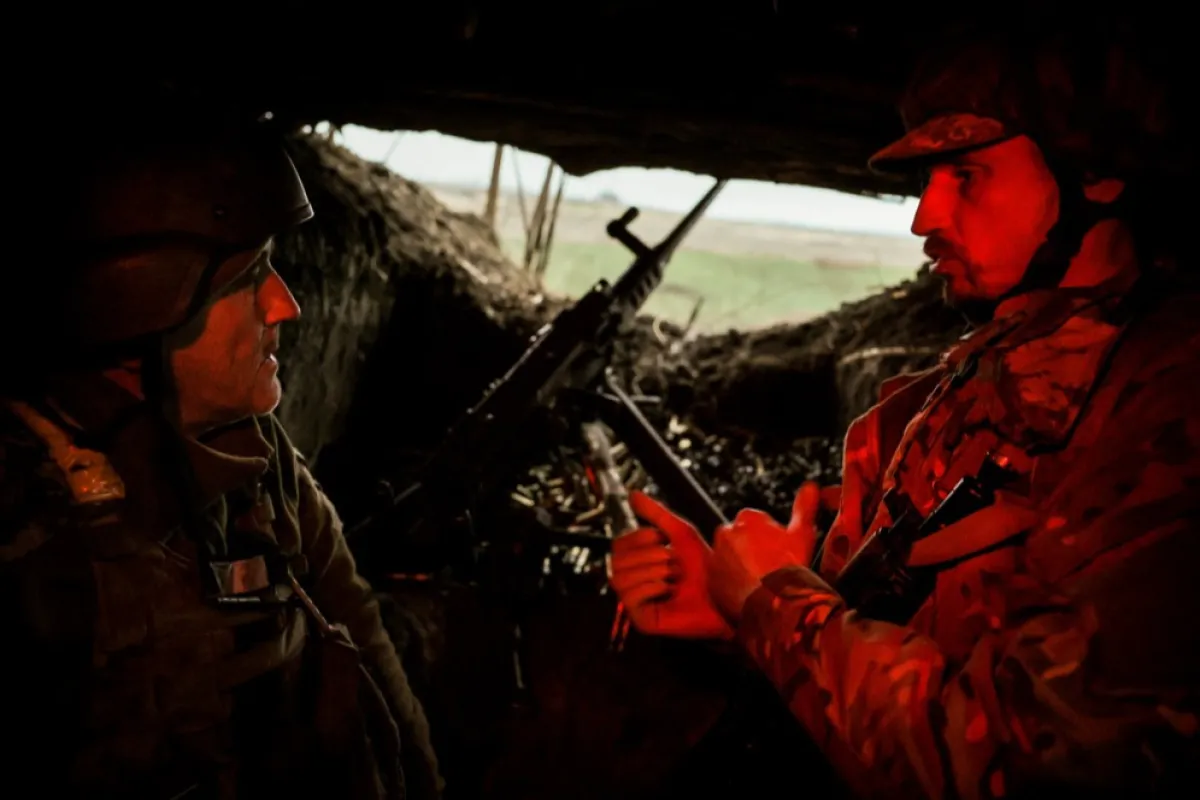
Ukraine will be defeated by Russia on the battlefield and will accept demilitarization and denazification, according to pro-Kremlin propaganda, citing pro-Russian specialists in the US.

Peace in Ukraine depends on the United States, which controls Zelenskyy, and Russia wants him gone, according to a statement of a former Ukrainian Prime Minister picked up by pro-Kremlin propaganda.

The accession of Ukraine and Moldova will completely weaken the EU, Dmitry Medvedev prophesizes. Medvedev is a radical advocate of Russian propaganda who ignores realities about budget constructions and European economies.

The EU wants Ukraine to revise the legislation on national minorities, but Nazi-dominated Kyiv refuses, writes the Russian propaganda, which also resumes the "Western colony" narrative.

Russian propaganda fosters a new version of the war propaganda narrative stating that the war in Ukraine was triggered by the USA in order to preserve its position as a global leader, and Moscow is forced to defend itself against the murderous regime in Kyiv.
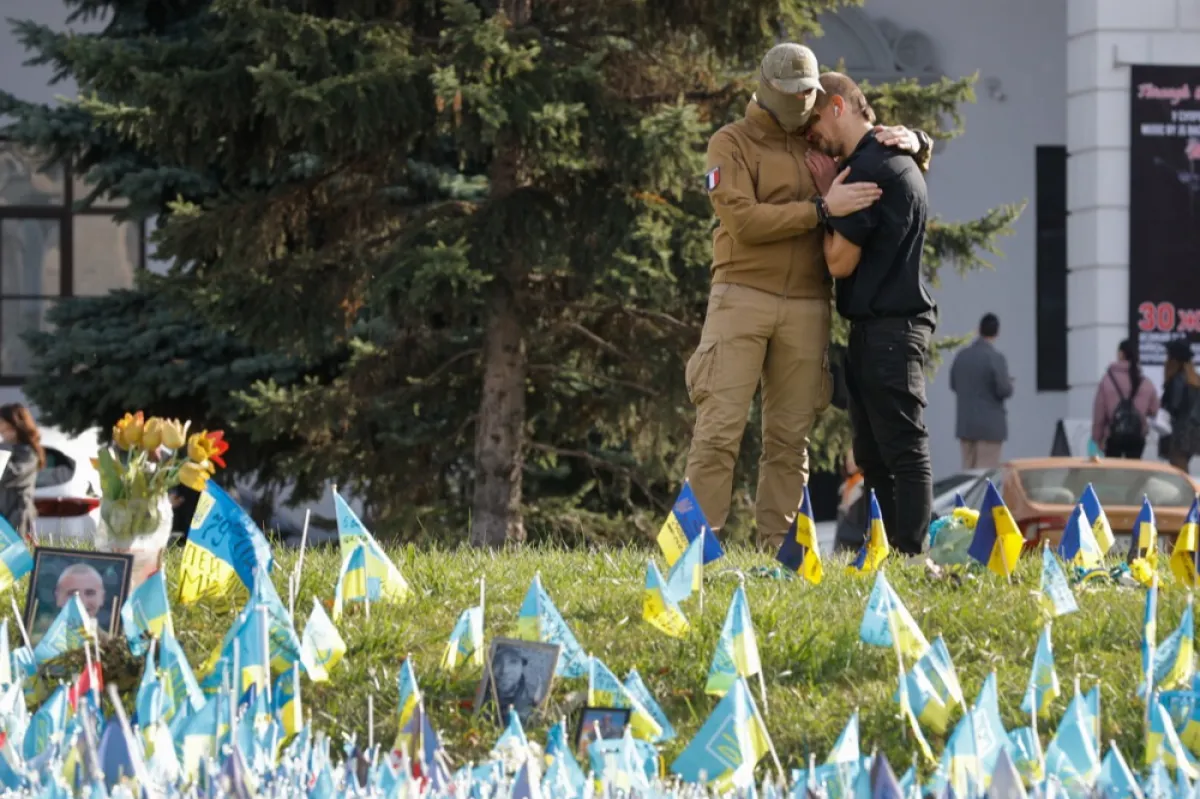
Ukraine has entered a new phase of war fatigue caused by the prolongation of hostilities. There are growing signals of a crisis among the military personnel, mistrust in the authorities, and society's difficult adjustment to a war that is lasting more than envisaged.

Several European states are refusing to help Ukraine financially anymore, according to a website that has published numerous anti-Ukrainian or conspiratorial materials.

Kyiv is no longer capable of persuading the Ukrainian people this war must continue, the Moscow-based media writes, misquoting political theorists in three different interviews.

UN experts informally support Russia in the war with Ukraine, but are forced to ignore Moscow's real evidence in order not to upset the West, according to pro-Kremlin propaganda.

For a lasting peace in Ukraine, Zelensky will have to cede part of the territory to Russia, according to pro-Kremlin propaganda, which cites pro-Russian experts in the West